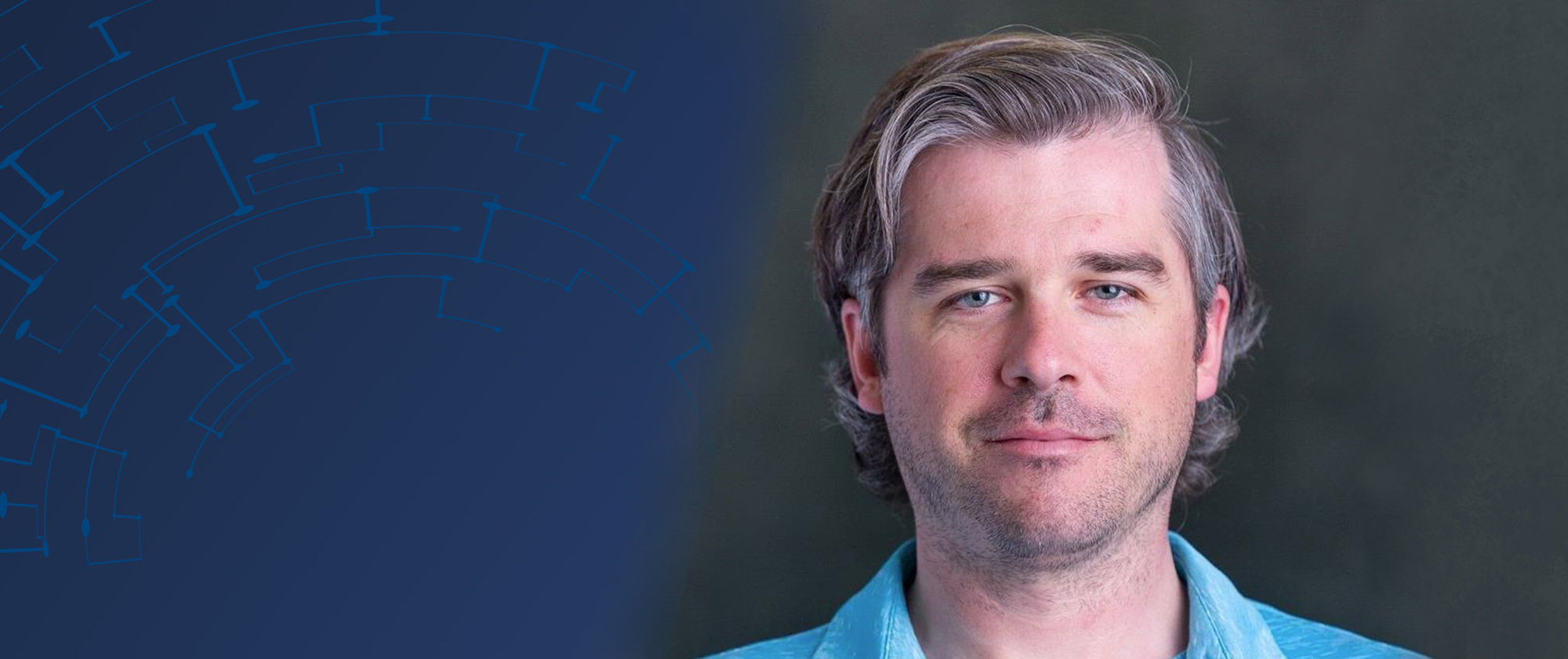Joe Russell, Ph.D., Senior Scientist in the Global Health Surveillance Division at MRIGlobal, is using hand-held molecular hardware paired with mobile labs to produce even faster result times in the field.
Dr. Russell is experienced in genomics-based methods for clinical diagnostics, biosurveillance, and forensic applications. His work includes use of emerging hand-held molecular hardware and development of integrated mobile platforms to push genomics and metagenomics into the field, at the point-of-need. His technical skills involve researching and developing new bioinformatics solutions for actionable information in the clinical, epidemiological, biosurveillance, forensics, and public health space.
With a Ph.D. in geomicrobiology from the University of Delaware, Dr. Russell has logged over four months at sea on various oceanographic research vessels studying subseafloor microbial ecology in the Atlantic and Pacific oceans. He has led several field deployments of experimental arbovirus surveillance in the Southeastern United States, and Dr. Russell is a co-inventor and lead developer of MRIGlobal’s ultra-portable laboratory platform, Mercury Lab.
WHEN DID YOU KNOW YOU WANTED TO BE A SCIENTIST?
My parents bought me an 8-inch reflector telescope for Christmas in 6th grade. That was the same year that Comet Hale-Bopp was a consistent presence in the night sky throughout that winter and spring. I had spent much of my childhood wanting to be an archaeologist (obsessed with dinosaurs), but that winter with my new telescope (and a lot of Star Trek TNG that my Mom always had us watch) pushed me in the direction of space science. Throughout high school, I was pretty focused on the goal of attending college to major in astronomy.
WHAT WAS YOUR PATHWAY TO BECOMING A SCIENTIST?
I attended the University of Arizona and majored in astronomy and physics. It turned out I wasn’t very good at astrophysics. But, I was very stubborn, and spent way more time than I should have trying to make it work. However, everything seems to happen for a reason. I’m very much a “learn-by-doing” type of person, and while struggling to find some applied work I could do in astronomy to help me in my studies, I landed consecutive research positions with Dr. Nick Woolf, and then Dr. Chris Impey. They were both interested in astrobiology, which is the study of ‘extreme’ life on Earth that can live in conditions similar to those we know may exist elsewhere in the Universe. Through my work in their labs, I was introduced to the incredible diversity of microbial life and how creative their life strategies could be to deal with such a wide range of stressors. I was fascinated, and switched majors that semester to microbiology. I graduated in 2008, and moved back to Boston to work for a few years in the biotech industry there. I worked at Helicos (who was developing the original single-molecule DNA sequencer), and then at a clinical diagnostics company called Correlagen. In between Helicos and Correlagen, I was fortunate to be invited by Dr. Steven D’Hondt (a geobiologist at the University of Rhode Island whom I had met through Dr. Woolf) to spend six weeks lending a hand on an oceanographic research vessel collecting deep sediment core samples in the equatorial Pacific. The scientists onboard were studying subseafloor microbes, which is a great analog environment for astrobiology (i.e., extremely low energy flux, high pressure, etc). On that cruise, I met someone who knew someone (Dr. Jennifer Biddle) who was just starting their own lab at the University of Delaware and was looking for graduate students. I applied to UD and was accepted into Dr. Biddle’s lab to pursue my Ph.D. in geomicrobiology. Thanks to Jen’s mentorship, I was lucky to conduct fieldwork in British Columbia with the Pavilion Lake Research Project, and go to sea again – this time on the scientific ocean drilling vessel JOIDES Resolution for IODP Expedition 336. I defended my dissertation on subseafloor microbial ecology in 2015, and was hired as a post-doc at MRIGlobal by Dr. Jonathan Jacobs. My post-doctoral work at MRIGlobal was very different than what I had been studying in graduate school, however, the tools and techniques were very similar. I had a great post-doc period at MRIGlobal developing a deeper familiarity with bioinformatics, and other genomics and computational tools.
WHAT IS YOUR ROLE AT MRIGLOBAL?
Our work is primarily focused on leveraging genomics-based information, from novel sources and in novel ways, to develop new tools in the biosurveillance, forensics, and applied microbial ecology space. Our team is composed of talented bioinformaticians, data scientists, and laboratorians. Personally, I am very interested in designing and building new platforms that enhance the ‘user experience’ of field-forward genomics. The promise of the genomics revolution, with new and emerging technology, is no longer limited to those lucky enough to live near a clinic or research laboratory. However, despite the actual genomics hardware and devices becoming very small and portable, there has not been as much thought on how, exactly, the use of these devices at the point-of-need is best accomplished. There are still a lot of strategic and logistical barriers to their effective use in remote settings, and most of the current solutions are ad hoc and not sustainable. This limits routine and reproducible implementation. I am excited to leverage my own experiences and frustrations with fielding these types of equipment into new mobile laboratory platforms that truly enable field-forward genomics.
WHAT IS YOUR APPROACH TO CLIENT RELATIONSHIPS?
We like to start projects with detailed discussions on the client’s end goals – what are they ultimately trying to accomplish, and what, specifically, is currently frustrating their efforts to get there. By letting the goal posts define the project trajectory, our team can stay focused on creative solutions without getting too bogged down trying to force a dead-end to work.
WHAT EXCITES YOU ABOUT WORKING AT MRIGLOBAL?
I enjoy the opportunity to work on a wide array of problems with immediate, real-world utility. The applied aspect of our work typically allows for a satisfying view of the impact once a project concludes, but the swim lanes are still wide enough that you can get creative in your problem-solving.
WHAT ARE YOUR INTERESTS OUTSIDE OF WORK?
I am an avid fan of all things ocean-related. Surfing has been a passion of mine since high school, and I’ve recently started inshore surf fishing. My folks have a place by the beach in Delaware now, and so I enjoy spending time on the water with friends and family out that way. I also spend time as a volunteer EMT with my local fire department in Silver Spring, Maryland. Our 7-month old daughter keeps my wife and me very busy, and we have a lot of fun together watching her grow and explore new things.

